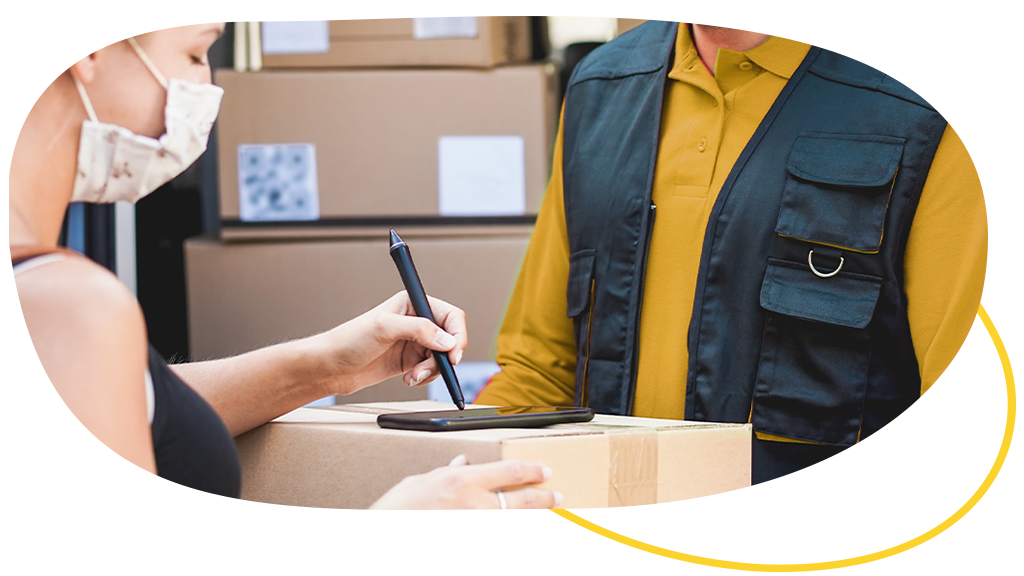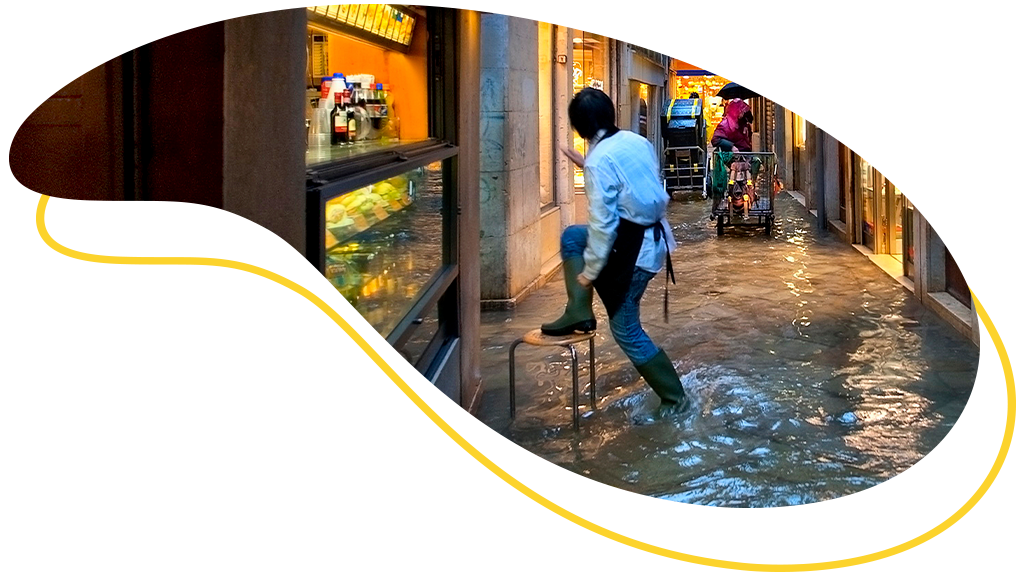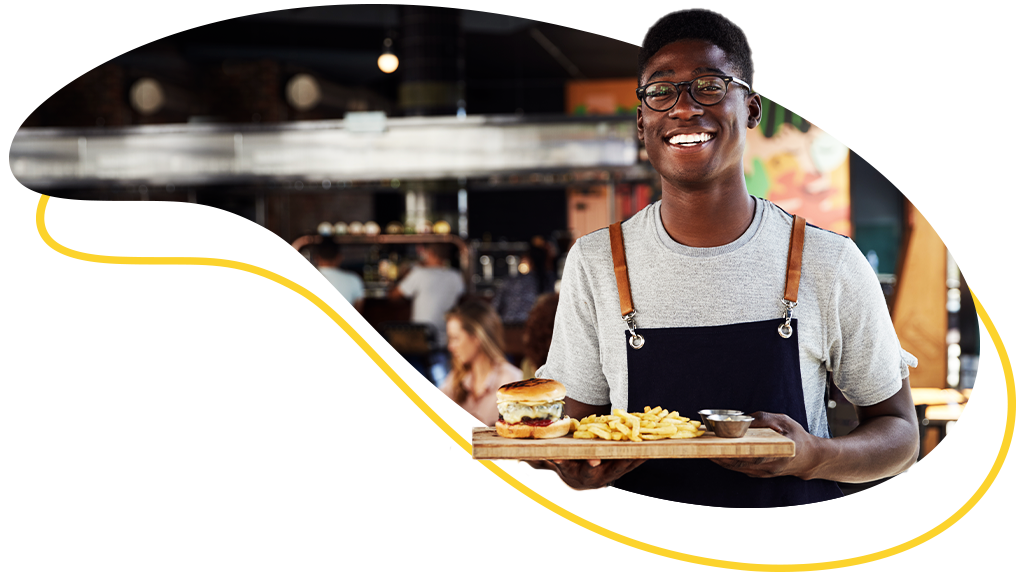Learn More
x




Does your company’s operations include vehicles? Whether a single car is used for the occasional delivery or if you have a full fleet of vehicles on the road, the correct auto insurance is absolutely critical.
Adequate insurance means protection of your goods and the number in your company’s bank account. Isn’t that what everyone wants from a service they pay for?
Auto insurance is mandatory in almost all US states, but it is important to keep in mind that a car used for a company’s operations needs commercial insurance.
Below, we have listed the most common mistakes that are made when it comes to commercial auto insurance, so that you can avoid having to pay for it in other ways down the road (pun intended).
The most common– and fatal– mistake with purchasing any insurance. The final cost should never be your only decision-making criteria when signing a contract with an insurance company.
The value of premiums does vary from one insurer to another, as it will with other factors in the market. However, a very cheap policy might be hiding coverage pitfalls that can cost you dearly when you need it most.
Therefore, it is important to know exactly what you are being quoted for, which coverage is included in the quote, the amount of the deductible, the type of assistance offered, and then compare with a second or third quote with the same parameters.
At BRZ, we are committed to finding the best coverage for your case at the best price. In addition, we are trilingual, serving our customers in English, Portuguese and Spanish to ensure that you and the entire LatinX community are well protected and understand every word of your policy.
Car accidents can lead to costly damages and very expensive lawsuits. If your company’s liability policy only covers the minimum amount defined by law, the responsibility to pay the rest of the costs will be yours.
Look for a broker who can understand the needs of your company and the risks to which it is exposed, so that together you can find the most suitable amount of liability coverage.
It is absolutely necessary to review your policy periodically. Rates may vary, new processes and products may be introduced to the market, and your coverage may no longer be aligned with your current needs.
Once again, talking to your insurance company or one of BRZ’s knowledgeable agents is the best option to ensure that your coverage lives up to your expectations. Make sure you’re not paying too much or protecting yourself too little.
Reviewing your insurance before renewal can help prevent some damage down the road (there we go again).
Mobile equipment is industrial and/or commercial equipment used to move and transport materials. These machines, which may tow, excavate, lift, move, or push, include forklifts, backhoe loaders, cranes, among many others.
Mobile equipment insurance can be a little more complicated to understand because in many cases, these vehicles are covered by a General Liability policy. However, they may need auto liability insurance for other situations.
Generally, if the equipment is being used in the workplace, the liability coverage that will cover any incident is General Liability. However, if the equipment is in transit and an accident occurs on the way, the auto liability policy is the ideal coverage to have. This is a necessary protection for mobile equipment that will be traveling on public roads.
A deductible is the amount of money you have to pay for a loss before your insurance company starts paying your claim under the terms of your policy.
A low deductible equals a high premium and vice versa. The decision of which method works best will ultimately depend on the risks your vehicle is exposed to during your company’s daily operations.
For example, if your company vehicle only makes deliveries within an area with a low accident rate and you do not often claim insurance, a policy with a higher deductible may be fitting.
We always recommend getting advice from an insurance specialist who knows the region in which your company is established. We happen to know a few.
Vehicles that your company rents, leases or contracts on a short-term basis– less than 6 months– are considered rental vehicles. Non-owned vehicles are cars that are not owned by your company, not leased, and not used in operations, such as employees’ cars, which are occasionally used for business purposes.
Liability coverage for rental and non-owned vehicles may or may not be automatically included in a commercial auto policy. That is why it’s important to provide as many details as possible to your insurance provider to ensure that no coverage is missed.
Paying more attention to detail when purchasing your company’s auto insurance can help you save money, allowing you to invest those savings into more robust coverage.
Avoid the mistakes we’ve outlined above and remember that you can always depend on BRZ. Our agents are always available to answer questions, provide any guidance needed, and help you achieve– and maintain– the American dream.
Learn More

Commercial Flood Insurance protects your company's physical location and everything inside of it. Learn all about what it covers, why you need it, and how to make sure your business stays well-protected.

Running a restaurant has its challenges. We have decided to make at least one aspect of it easier by explaining everything you need to know when it comes to insuring your restaurant.

Running an online business can leave you open to unique risks. Appropriate, custom-tailored business insurance can help protect you against the many risks that small business owners face.

We are an insurance company made by people for people. A community that speaks tyour language, with people who care about your future! Here you can find all the protection and care that a home offers. Come and join us!
Get a Quote

Need help? Chat with BRZ!
x